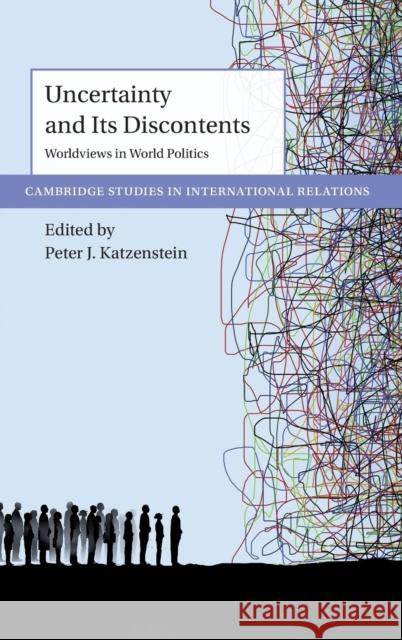Uncertainty and Its Discontents: Worldviews in World Politics » książka
topmenu
Uncertainty and Its Discontents: Worldviews in World Politics
ISBN-13: 9781316512661 / Angielski / Twarda / 2022
Uncertainty and Its Discontents: Worldviews in World Politics
ISBN-13: 9781316512661 / Angielski / Twarda / 2022
cena 391,42
(netto: 372,78 VAT: 5%)
Najniższa cena z 30 dni: 386,72
(netto: 372,78 VAT: 5%)
Najniższa cena z 30 dni: 386,72
Termin realizacji zamówienia:
ok. 22 dni roboczych.
ok. 22 dni roboczych.
Darmowa dostawa!
This volume considers worldviews as foundational concepts for world politics.











